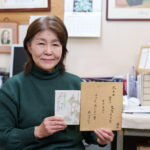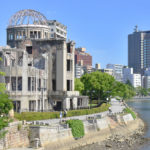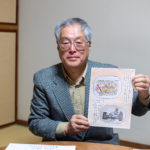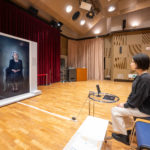Orphans of the Atomic Bomb: Untold Stories
Masami Nishimoto
Special editor of the Chugoku Shimbun
Born in Hiroshima, 1956. Joined the Chugoku Shimbun in 1980. (Reporter)
Co-author, Hibakusha of the World (Kodansha), Investigating Hiroshima (The Chugoku Shimbun)
Author, 1945: The Atomic Bomb and the Chugoku Shimbun (Chugoku Shimbun)
Introduction
The atomic bomb, dropped for the first time in history on Hiroshima on August 6th, 1945, changed the lives of the survivors. In addition to losing parents and spouses, children and siblings, they also lost houses and places of employment, and the local community was completely destroyed.
Especially difficult was the experience of those who are called “atomic bomb orphans.” According to a nation-wide survey compiled by the Ministry of Health and Welfare in 2011, the number of orphans in Hiroshima Prefecture at 5,975, exceeded the numbers in Tokyo and Osaka during the chaotic postwar period, when public support was scarce.1
However, that there were many orphans who were badly harmed, both mentally and physically, goes unmentioned, as do the stories of their lives. Why? In this article, I will investigate the history of the atomic bomb orphans, using primary source materials and previously unknown documents. I will also be using the testimony of atomic bomb survivors whom I previously interviewed, and I will consider the recovery that occurred after the atomic bombing.
1 General Affairs Department, Statistics Division, Minister’s Secretariat Ministry of Welfare, Monthly Report Health and Welfare Statistics (Vol. 2, 2nd Issue), May 1958, p88








